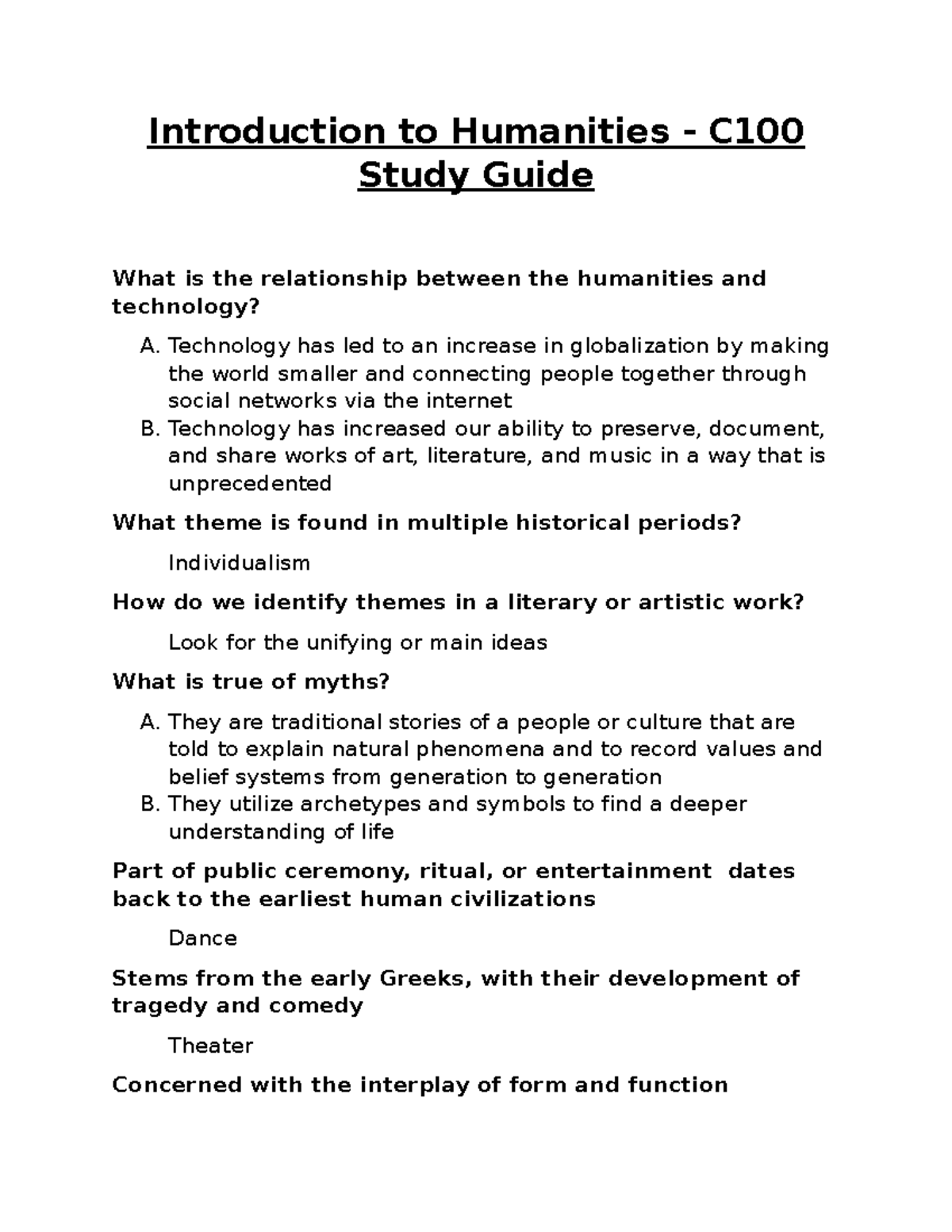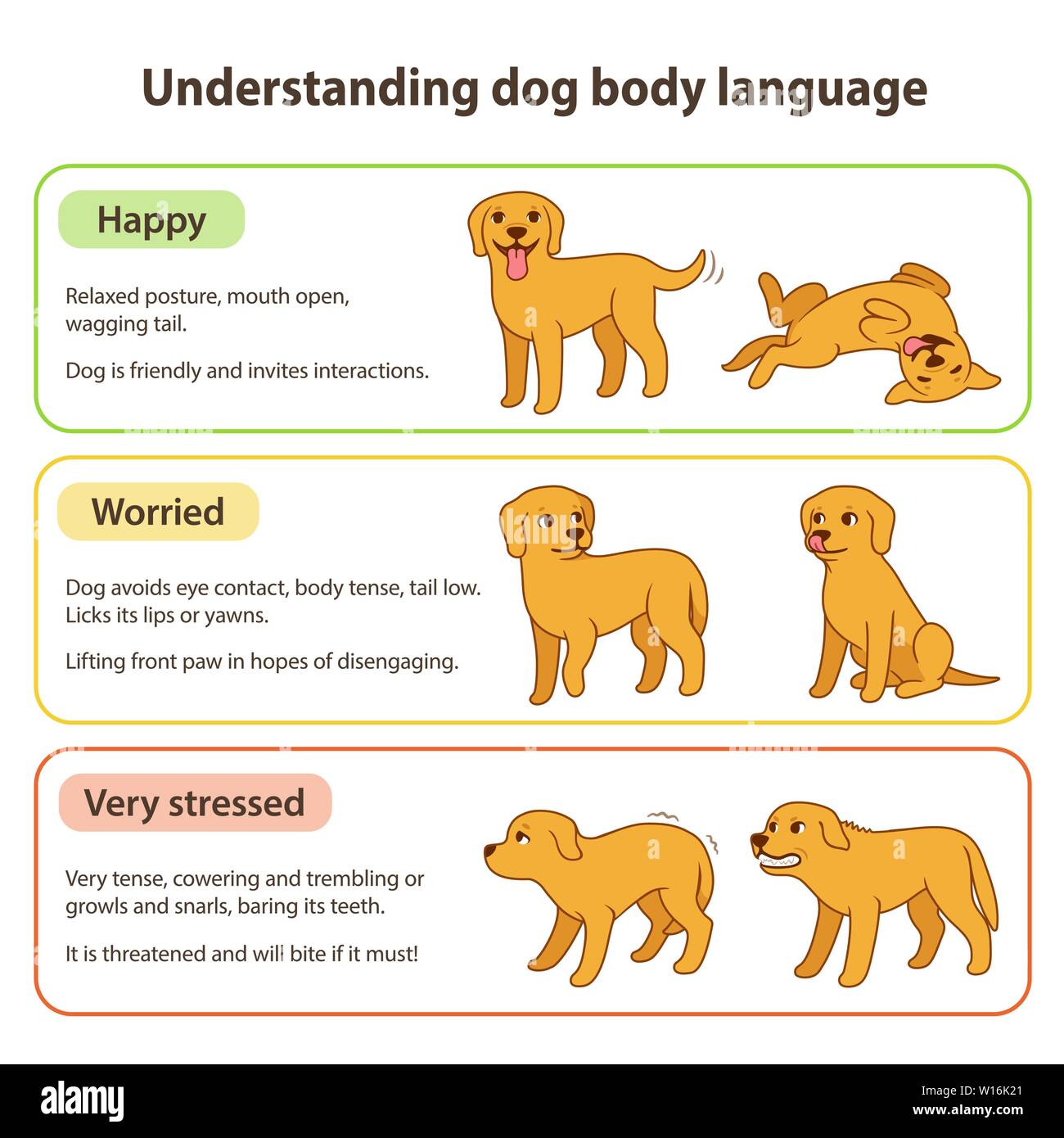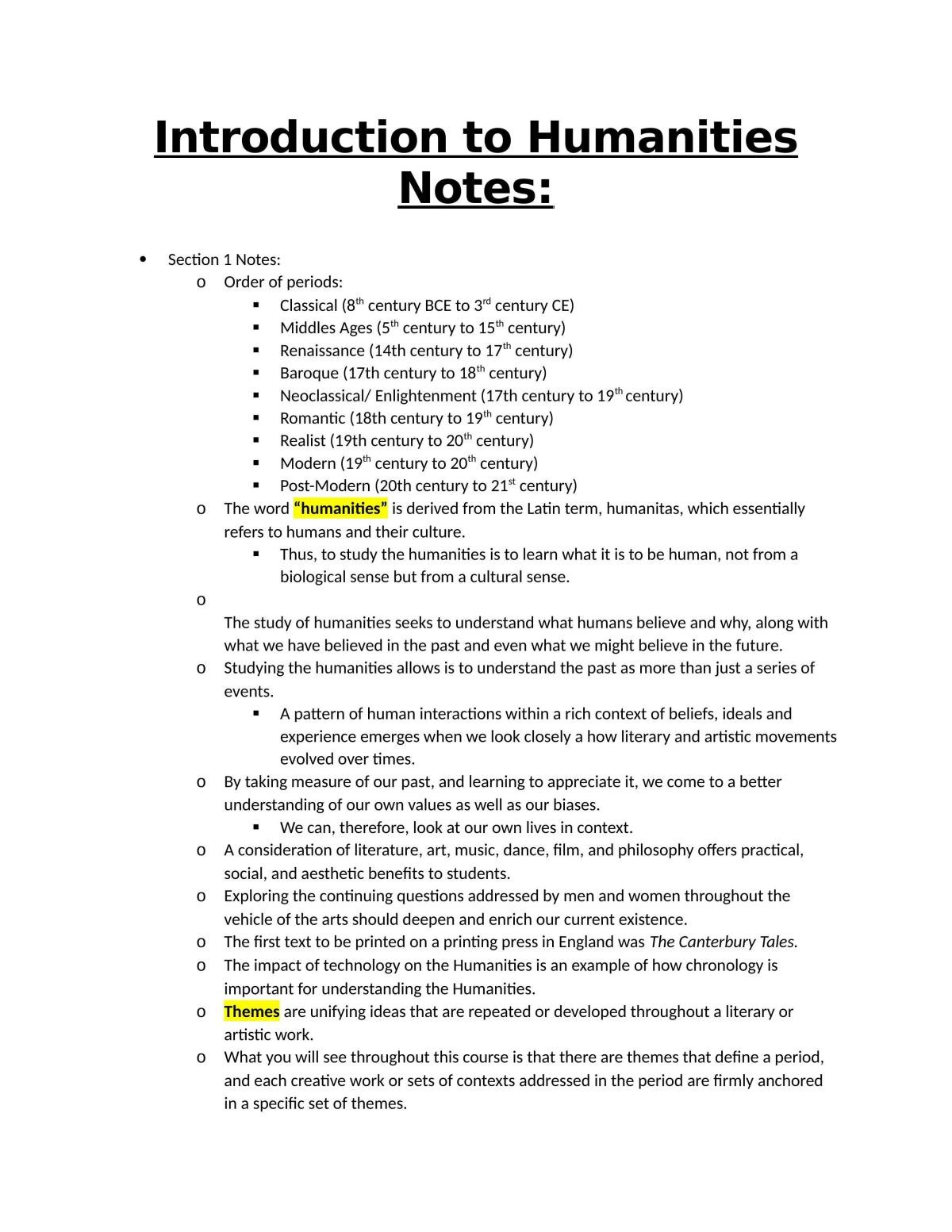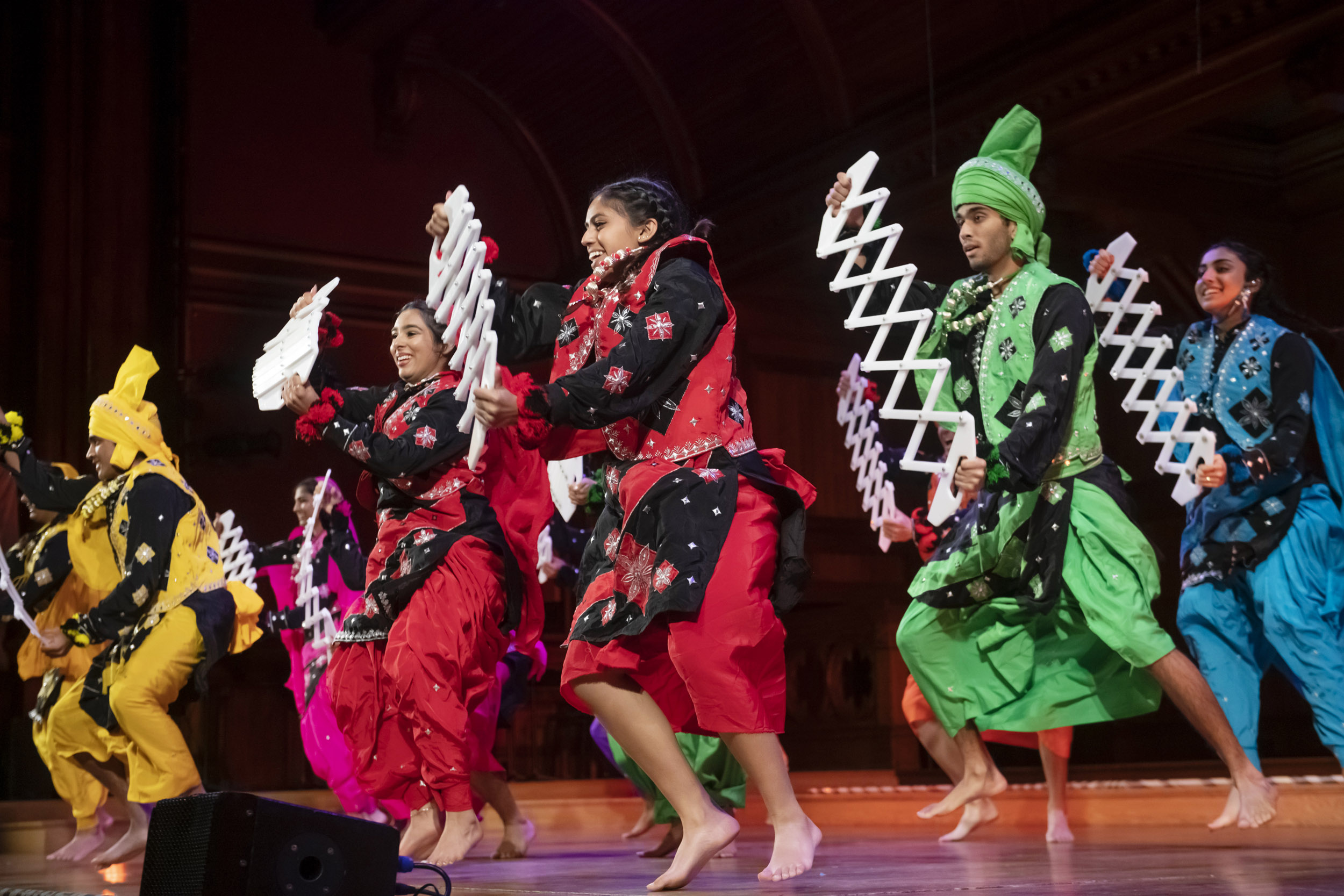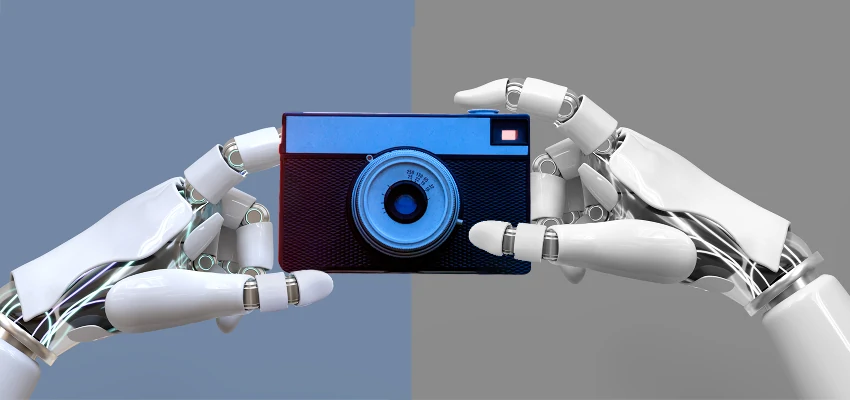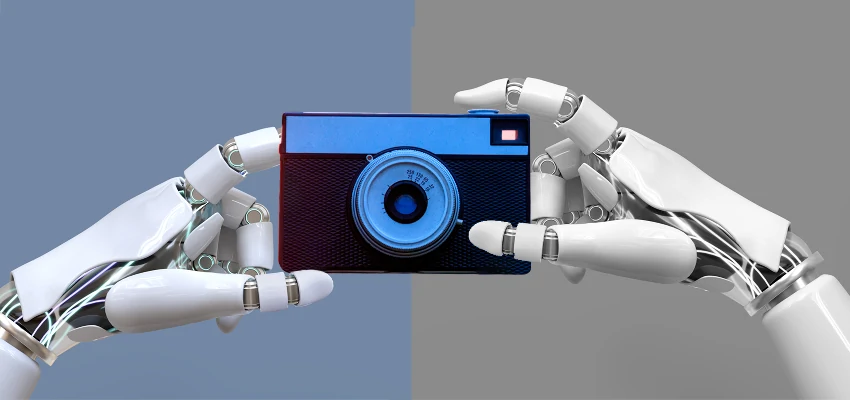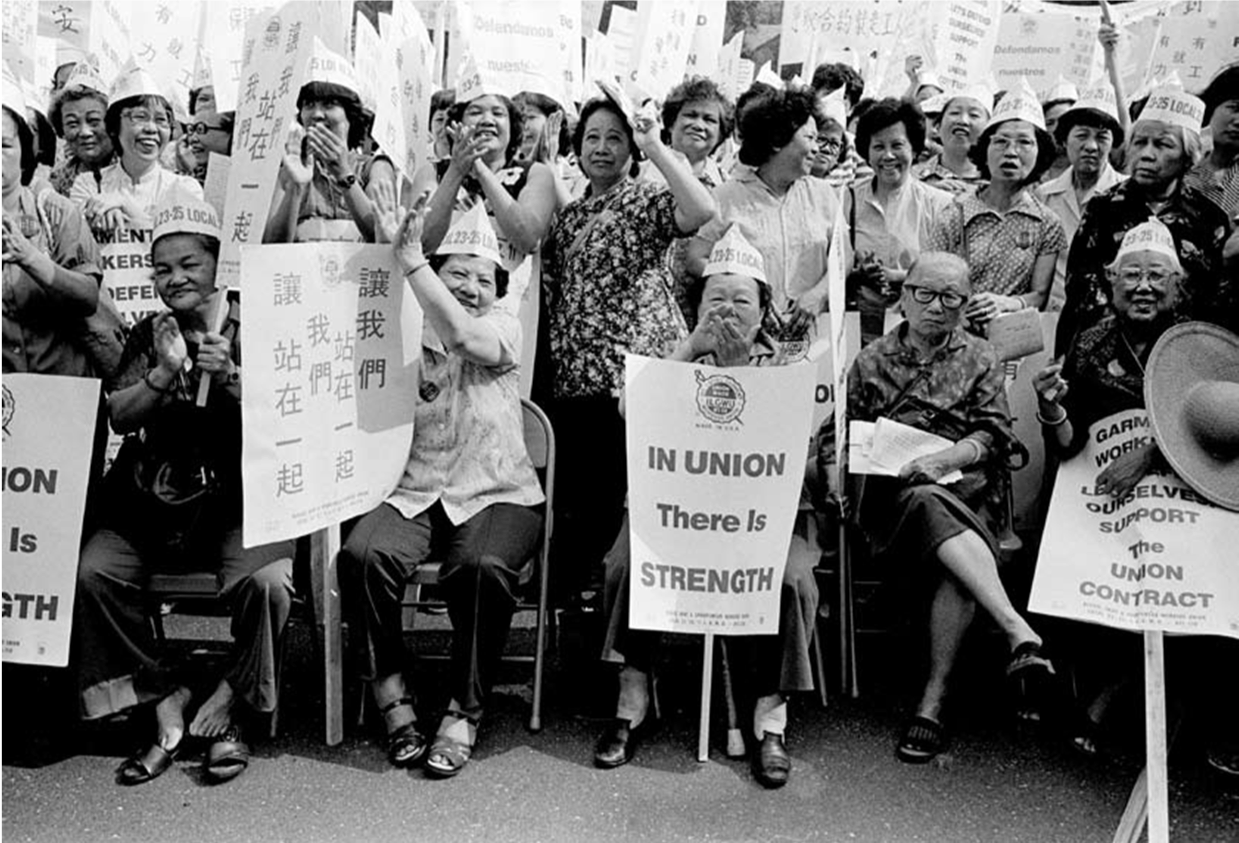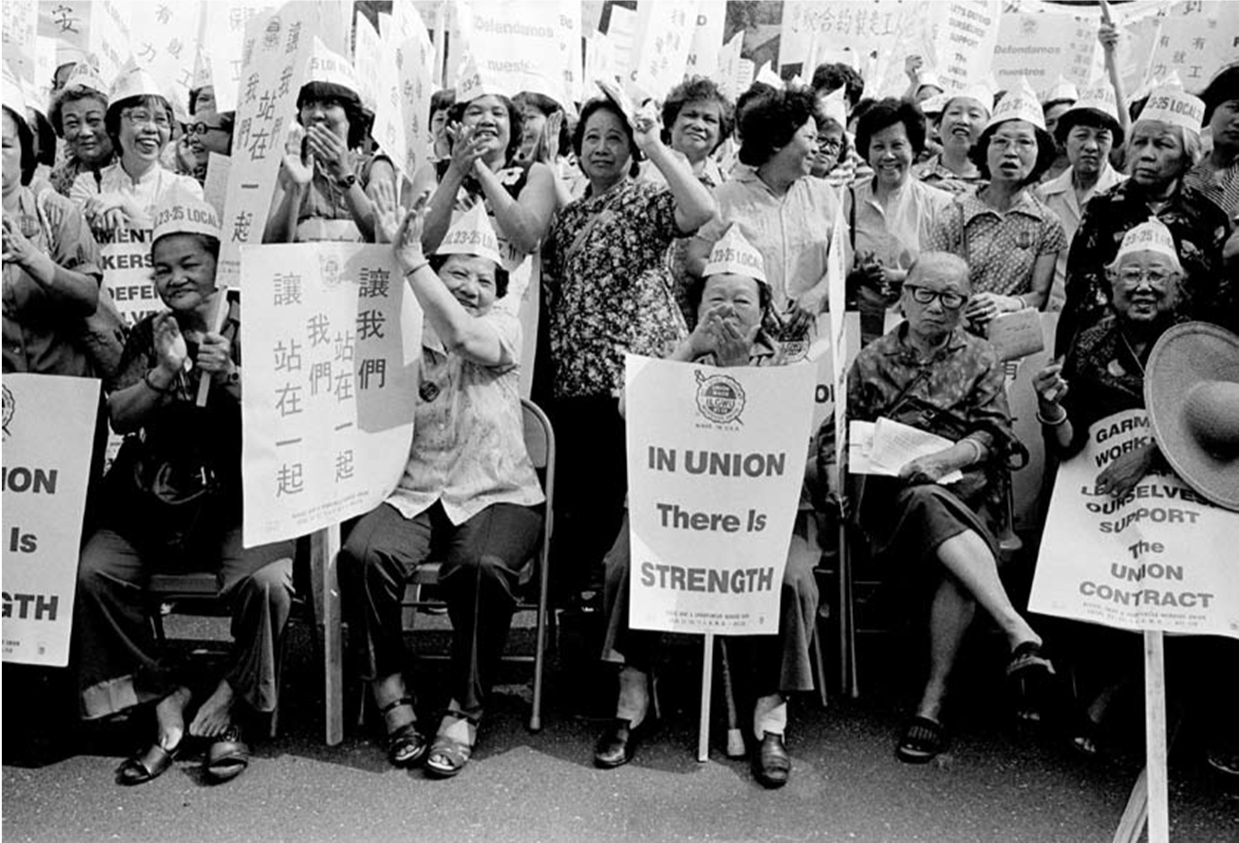Introductory humanities courses play a pivotal role in shaping the academic journey of first-year students, intertwining the appreciation of arts and culture with critical thinking skills essential for their development. These engaging arts and humanities offerings are designed to counteract the decline in enrollment in these fields, emphasizing the importance of humanities education at institutions like Harvard. By launching a range of innovative courses, the initiative spearheaded by Dean Sean Kelly aims to capture the curiosity of students and foster a deeper understanding of the interconnectedness of human experiences. As students explore diverse subjects, from literature to philosophy, they begin to appreciate the value of the humanities curriculum initiatives, which are crucial in helping them navigate their future studies and careers. Ultimately, these courses are not just about fulfilling academic requirements; they’re transformative experiences that invite students to engage thoughtfully with the world around them.
Beginning an academic journey with foundational courses in the humanities is not just a routine requirement but a crucial stepping stone for students in their first year. Engaging newcomers in this field through innovative approaches helps rekindle interest in artistic and cultural studies, revealing their relevance in today’s world. The reimagined introductory curriculum serves as a gateway to profound discussions about human values and societal issues, promoting the understanding of critical themes across disciplines. As more universities adopt similar strategies to invigorate interest in humanities, students gain important insights that challenge them to think deeply and critically. Such introductory programming not only supports a robust education but also highlights the richness of the human experience, encouraging students to embrace diverse perspectives and narratives.
The Importance of Introductory Humanities Courses
Introductory humanities courses play a crucial role in shaping a student’s journey through higher education, particularly during their formative first-year experience. As institutions like Harvard recognize, these courses are not merely about transferring knowledge; they are about fostering critical thought, creativity, and an appreciation for diverse perspectives. They serve as gateways to understanding complex human experiences and encourage students to engage in meaningful dialogue about the world around them.
The significance of these courses extends beyond academia, influencing how students perceive and interact with society. They challenge students to reflect on their values, beliefs, and cultural contexts, and this introspective process is vital for cultivating informed citizens in a rapidly changing world. As Harvard’s recent initiative to revamp introductory humanities courses demonstrates, the goal is to invigorate student interest by emphasizing the relevance and importance of humanities education in navigating contemporary challenges.
Engaging First-Year Students in the Arts and Humanities
Engaging first-year students in the arts and humanities is critical for fostering a well-rounded educational experience. By launching innovative introductory courses, institutions aim to spark student curiosity and re-engage those who may initially overlook the humanities’ value. Professor Sean Kelly’s initiative at Harvard reflects a shift toward making these subjects more appealing and accessible, aligning course offerings with the interests and contemporary issues that resonate with new students.
This transformative approach seeks to balance traditional curricula, often steeped in the ‘Canon Wars’, with fresh, relevant coursework that connects students with pressing themes in society. Courses that explore topics like migration, technology, and creative expressions serve to resonate with the multifaceted identities of incoming students, reinforcing the idea that the humanities are not just historical relics but are alive and evolving, much like the individuals studying them.
Innovative Humanities Curriculum Initiatives
The introduction of new courses in the humanities curriculum is a strategic initiative aimed at revitalizing interest in these disciplines among younger scholars. By proposing a mix of traditional philosophical inquiries and contemporary cultural studies, the curriculum actively addresses the perceived decline in enrollment within the humanities. Notably, the diversity of topics covered, from medical humanities to film analysis, reflects a commitment to inclusivity and relevance in today’s multifaceted educational landscape.
These innovative initiatives are designed not only to counteract the decline in concentrations but also to foster an environment where creativity and critical thought can flourish. The collaboration between faculty members and engagement with student interests ensures that the curriculum remains vibrant and relevant. This proactive approach illustrates that the humanities can adapt to meet the needs of a new generation while still honoring the foundational concepts that have shaped human culture.
Transformative Courses in Arts and Humanities
Transformative courses in the arts and humanities are carefully crafted to not only educate but also inspire students. Such courses take students on a journey through essential texts and fundamental human questions that challenge their understanding of the world. The aim is to create a stimulating learning environment where students feel encouraged to voice their perspectives and explore their personal connection to the material.
For instance, courses like those offered by Professor Kelly at Harvard focus on developing a foundational understanding of what the humanities encompass. By addressing concepts such as metaphor and moral philosophy, teachers guide students through the intricate web of human expression. This approach not only nurtures critical thinking but also prepares students to confront complex societal issues with an informed lens, ultimately leading to personal and intellectual growth.
The Role of First-Year Humanities Courses in Student Development
First-year humanities courses serve as pivotal resources for student development, laying the groundwork for future academic pursuits. These classes encourage open discussion, foster critical thinking, and enhance communication skills, all essential tools for success in any discipline. By immersing students in complex texts and diverse perspectives, these courses help cultivate a sense of empathy and broaden their understanding of the human experience.
Additionally, engaging with the humanities can significantly impact a student’s self-identity and purpose during a transformative period in their lives. Through exploring various cultural narratives and philosophical arguments, students develop a deeper appreciation for the intricacies of human nature and societal dynamics, helping to shape them into thoughtful, engaged citizens well-equipped for the challenges ahead.
Understanding the Value of Humanities Education
Understanding the value of humanities education is imperative in today’s rapidly evolving academic environment. As many students face a plethora of career choices, the ability to think critically, analyze contexts, and engage in meaningful discourse becomes a significant asset. Humanities courses empower students with transferable skills that enhance their adaptability in various professional fields, arguing for their vital relevance in higher education.
Moreover, the intrinsic value of studying the humanities—beyond merely preparing for a profession—is highlighted in Harvard’s revised curriculum. These courses allow students to explore profound questions about existence and creativity, thus enriching their intellectual and emotional capacities, which are equally essential in both life and career.
Connecting with Engaging Arts and Humanities Content
The push to connect students with engaging arts and humanities content reflects a broader recognition of the importance of creativity in education. By designing courses that delve into various artistic expressions and cultural phenomena, educators aim to ensure that first-year students find relevance in their studies. Presentation formats such as film, literature, and visual arts capture the imagination, offering diverse entry points to engage students at varying levels of interest.
Courses that examine contemporary issues through the lens of the arts help students draw connections between their coursework and real-world contexts. This relevancy not only attracts students to enroll in the humanities but also affirms the disciplines’ vital role in fostering cultural literacy and understanding within a diverse society. Such connections are crucial in helping to shape students as informed global citizens.
The Future of Humanities Education at Institutions Like Harvard
The future of humanities education at prestigious institutions such as Harvard hinges on successfully engaging students through innovative curriculum initiatives. By offering dynamic introductory courses, these institutions are addressing the decline of interest in humanities fields and working to revitalize their cultures. This forward-thinking strategy includes providing a broad spectrum of courses that resonate with today’s students and reflect contemporary cultural dialogues.
As these new humanities courses emerge, their potential extends far beyond enrollment figures. They serve to ignite a passion for learning and inspire a new generation of thinkers who value the transformative power of arts and literature. By embedding these transformative experiences within the humanities educational framework, Harvard and similar institutions can ensure that their legacy continues to thrive in the academic world.
Redefining the Scope of Human Experience through Humanities
Redefining the scope of human experience through the lens of humanities studies can provide students with a more nuanced understanding of themselves and others. Courses focusing on literature, philosophy, and cultural studies open up pathways for students to explore fundamental questions about existence, identity, and morality. This exploration encourages critical thinking and reflection, which are essential in navigating the complexities of modern society.
Furthermore, by engaging with diverse cultures and historical contexts, students learn to appreciate different perspectives, fostering empathy and cultural awareness. Such artful explorations are vital in a time when social cohesion and understanding are increasingly necessary for addressing global challenges.
Frequently Asked Questions
What introductory humanities courses are being offered at Harvard this fall?
This fall, Harvard introduces nine new introductory humanities courses as part of an initiative spearheaded by Dean Sean Kelly. These include ‘Introduction to the Medical and Health Humanities’, ‘Bob Dylan the Classic’, ‘Culture in Context’, and ‘Migration and Border Crossing in Film and Photography’, among others. Each course aims to engage first-year students by connecting them closely with essential themes in the humanities.
How are introductory humanities courses designed to captivate first-year students?
The introductory humanities courses at Harvard are designed to captivate first-year students by addressing contemporary interests and concerns, moving away from traditional ‘great works’ debates. For instance, classes like ‘Humanity, Technology, and Creation’ and ‘Reading for Fiction Writers’ offer innovative perspectives and relatable content, thereby aiming to highlight the intrinsic value of humanities education and enhance student engagement.
What is the importance of humanities education in introductory courses?
The importance of humanities education in introductory courses lies in its capacity to foster critical thinking, cultural awareness, and personal reflection. By exploring fundamental questions about humanity, as encouraged in these new first-year humanities courses, students are equipped to understand complex societal issues and apply these insights to their academic and personal lives. This initiative aims to elevate the status of the humanities in higher education.
How do introductory humanities courses impact students’ future academic choices?
Introductory humanities courses significantly impact students’ future academic choices by providing a foundational understanding of essential concepts and themes in the disciplines. According to Dean Sean Kelly, while about 12 percent of first-year students express interest in the humanities, many change their focus by declaration. Engaging introductory courses aim to sustain students’ initial interests and encourage continued exploration of humanities fields.
What are some examples of topics covered in new first-year humanities courses?
The new first-year humanities courses at Harvard cover a wide range of topics, including the intersection of literature and health in ‘Introduction to the Medical and Health Humanities’, the cultural significance of Bob Dylan, and the role of narrative in shaping human experiences in ‘Reading for Fiction Writers’. These topics are designed to be engaging and relevant to students’ interests.
How do the new introductory humanities courses address the decline in enrollment in these fields?
The new introductory humanities courses at Harvard address the decline in enrollment by revitalizing the curriculum to engage students more effectively. By introducing modern topics and interactive teaching methods, the initiative, led by Dean Sean Kelly, seeks to attract a larger audience of first-year students and foster a long-term appreciation for the humanities.
What teaching methods are incorporated in Harvard’s introductory humanities courses?
Harvard’s introductory humanities courses incorporate diverse teaching methods, including close readings, collaborative projects, and interdisciplinary approaches. This blend aims to provide students with both critical analytical skills and creative expression, thus enhancing their understanding of complex ideas in the humanities.
How does the introductory humanities curriculum align with broader educational trends?
The introductory humanities curriculum at Harvard aligns with broader educational trends by emphasizing interdisciplinary learning and practical engagement. With a focus on real-world applications and critical inquiry, these courses address the evolving needs of students in a rapidly changing global landscape, reaffirming the significance of humanities education in diverse contexts.
| Key Points | Details |
|---|---|
| Initiative Launch | Nine new introductory humanities courses are being launched to engage first-year students. |
| Reason for Initiative | To counteract declining enrollment in arts and humanities fields, which are often underrepresented in American high schools. |
| Notable Faculty | Professors Lauren Kaminsky, Raquel Vega-Durán, Neel Mukherjee, and others will lead the new courses. |
| Course Examples | Courses include ‘Introduction to the Medical and Health Humanities’ and ‘Bob Dylan the Classic’, each designed to appeal to students’ interests in different subjects. |
| Focus Shift | Some courses are moving from traditional exam preparation to existential inquiries relevant to students’ lives. |
| Foundational Understanding | Courses will provide essential concepts like metaphor, realism, and consciousness to help students engage with humanities effectively. |
| Intrinsic vs Instrumental Value | Courses aim to emphasize the inherent importance of humanities studies in understanding human experiences beyond career applications. |
Summary
Introductory humanities courses are essential in fostering a deep appreciation for the arts and humanities among first-year students. This new initiative at Harvard highlights the recognition of a pressing issue: a significant number of students lose interest in the humanities as they progress through their studies. By introducing a diverse range of engaging courses, designed to resonate with students personally and intellectually, the faculty aims to rejuvenate interest in these fields. As they embark on their educational journeys, it is crucial that introductory humanities courses not only showcase the significance of the disciplines but also emphasize their profound impact on understanding humanity and culture, thereby enhancing the overall academic experience.

